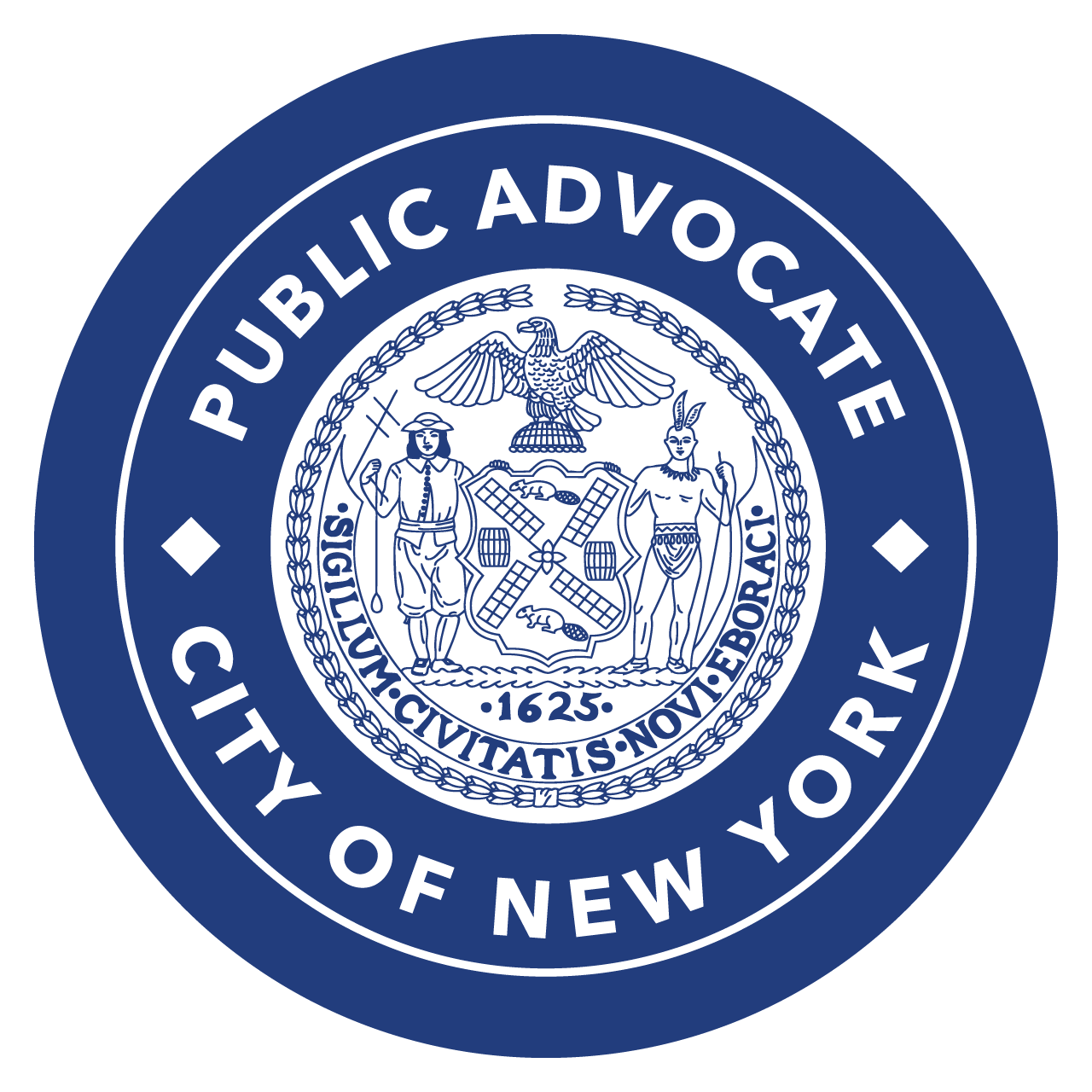Yesterday, New York’s State Supreme Court found that years after the statewide HALT Solitary law, state prisons continue to violate its provisions and hold people in solitary confinement for extended periods. At the same time, New York City is moving forward in the process of implementing Local Law 42, legislation from Public Advocate Jumaane D. Williams which mandates an enforceable ban on the prolonged isolation associated with solitary confinement in city jails. At a hearing of the Board of Corrections this week, Public Advocate Williams spoke of the need to fully, faithfully, and speedily implement the law.
“Many try to mask the practice of isolation with euphemistic names like punitive segregation, but there is not much difference–it is very often solitary confinement," said Public Advocate Williams. "Prolonged isolation that looks like, feels like, and acts like solitary confinement—is solitary confinement. Physical isolation coupled with the lack of meaningful social interaction causes or exacerbates trauma, as well as other mental health issues. The law as passed provides guidelines on how detainees should be separated, when necessary, in a way to make both those housed and working in NYC jails, just a bit safer.”
The state case charged that despite the ban on prolonged isolation, officials were finding ways to circumvent the law in practice. Similarly, on a city level, reports indicate that while solitary is banned in name, practices of harmful isolation have continued. The Public Advocate’s legislation closes these loopholes, while allowing for separation and de-escalation when necessary.
The Adams administration has repeatedly attempted to prevent this law from taking effect. The mayor vetoed the legislation in January and was overwhelmingly overridden by the City Council. Now, the administration wants the court to prevent the implementation of the law.
After the administration signaled its intent to seek court intervention, the Public Advocate declared “The administration clearly has the resources to implement the law. Instead, they’re using those resources to try to continue the capability of prolonged isolation and preserve the status quo on Rikers.
Before the Board on Monday, the Public Advocate stressed the importance of fully implementing the law, saying that “It is imperative that the Board ensure compliance with this law as written, as the administration has made clear that they do not wish to comply with Local Law 42, and have asked Judge Swain to halt implementation. Instead of trying to delay and circumvent their legal obligations to continue this deeply harmful practice, this administration should act immediately to implement this law.”
Read his full statement to the Board of Correction below.
STATEMENT OF PUBLIC ADVOCATE JUMAANE D. WILLIAMS TO THE NEW YORK CITY BOARD OF CORRECTION JUNE 18, 2024
Thank you so much, Good afternoon,
Peace and blessings, love and light to everyone. My name is Jumaane D. Williams, and I am the Public Advocate for the City of New York. I would like to thank the Chair and the Board of Correction for holding this meeting today, and for taking seriously the promulgation of rules related to implementing Local Law 42. I would also like to echo the Board’s request for adequate funding to fully staff their agency, as they will be an integral part of ensuring the implementation of the law. It is no small feat to reconcile the intentions of any new laws and the day to day practices of an agency like the Department of Corrections.
I want to begin by calling solitary confinement what it is: torture. It is cruel. It is inhumane. It can ruin people’s lives, and too many do not survive it. I also want to make clear there’s been a lot of conversation about what that meant, and our law sought really to define what we see as solitary confinement which really focuses on the prolonged isolation of an individual. Many try to mask the practice of isolation with euphemistic names like punitive segregation, but there is not much difference–it is very often solitary confinement. Prolonged isolation that looks like, feels like, and acts like solitary confinement—is solitary confinement. Physical isolation coupled with the lack of meaningful social interaction causes or exacerbates trauma, as well as other mental health issues. The law as passed provides guidelines on how detainees should be separated, when necessary, in a way to make both those housed and working in NYC jails, just a bit safer.
People who experience isolation in jails and prisons suffer socially, mentally, emotionally, and financially, both while incarcerated and after release. No one leaves solitary confinement whole. They struggle with the lasting effects of trauma and are disproportionately more likely to die by suicide or homicide. They are also at increased risk for homelessness and substance use: a 2019 North Carolina study found that survivors of solitary confinement were 127 times more likely to die from an opioid overdose within two weeks of their release.
That is why we are here today discussing Local Law 42, which bans the harmful experience of prolonged isolation in New York City’s jails—a law the City Council passed with a supermajority, and then overrode a mayoral veto with an even higher majority, not to mention with widespread public and community support. It is imperative that the Board ensure compliance with this law as written, as the administration has made clear that they do not wish to comply with Local Law 42, and have asked Judge Swain to halt implementation. Instead of trying to delay and circumvent their legal obligations to continue this deeply harmful practice, this administration should act immediately to implement this law. And again, really focus on how to keep everyone safe, corrections officers, people who work in the jails, and particularly, the detainees who are under the care of the Department of Corrections. Thank you again for really taking this seriously. And I appreciate your time.
Thank you.
